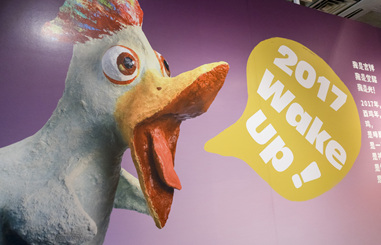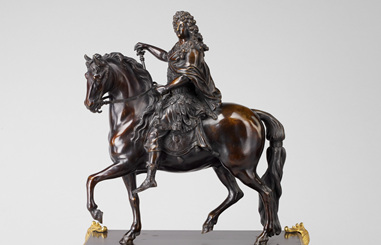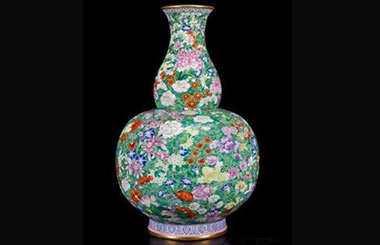Nobel winner launches prize
|
Tu Youyou, a Nobel laureate. [Photo Zhu Xingxin/China Daily] |
China's first Nobel Prize winner in physiology or medicine, Tu Youyou, celebrated her 86th birthday by signing an official agreement to donate 1 million yuan ($144,900) to establish the Peking University Tu Youyou Talent Award Foundation.
The initiative will provide financial support and incentives to the university's students and young teachers of medicine.
Han Qide, vice-chairman of the National Committee of the Chinese People's Political Consultative Conference-a legislative body-and Hao Ping, China's vice-minister of education, also Party secretary of Peking University, witnessed the signing at Tu's residence on Dec 25, a few days before her birthday on Dec 30.
"I've gotten to where I am now thanks to the university's medicine program," Tu says.
"I hope the younger generation can achieve even more."
Young researchers enjoy a favorable environment compared with the past, as the country is now very supportive of science and innovation, she says.
Tu is best-known for discovering the use of artemisinin and dihydroartemisinin to treat malaria.
She shared the Nobel Prize in 2015 with Irishman William Campbell and Japanese Satoshi Omura for developing therapies against malaria and infections caused by roundworm parasites.
That made her the first Chinese Nobel laureate in physiology or medicine, and the first Nobel winner whose education and research was completed exclusively in China.
Tu enrolled in Peking University's medicine school (now the Peking University Health Science Center) in 1951.
After graduation, she continued her studies and research of fusing traditional Chinese and modern Western medicines at the China Academy of Chinese Medical Sciences, where she still works.
She won the top medical-science prize, the Lasker Award, in 2011. She was the first Chinese to claim the honor.
Her foundation will award 5,000 yuan per student and 25,000 yuan per teacher. The foundation's annual earnings will determine the number of recipients.
The PKU Health Science Center, founded in 1912, ranks among China's most prestigious medical schools.
It has earned international prominence for its researchers' achievements.
For instance, in a proof-of-principle study, its researchers expanded the genetic code of the influenza A virus' genome and generated viruses that remained fully capable of activating the immune system but were unable to replicate in conventional cells.
The research was published in the journal Science last month.
- Nobel Prize award ceremony held in Stockholm; Bob Dylan absent
- Bob Dylan says will not come to Stockholm for Nobel Prize ceremony: Swedish Academy
- Cao Wenxuan wins 'Nobel Prize' for children's books
- Nobel Prize winner's home, institute become hot tourist attractions
- Nobel Prize win gives rise to hot TCM book sales, public interest

















